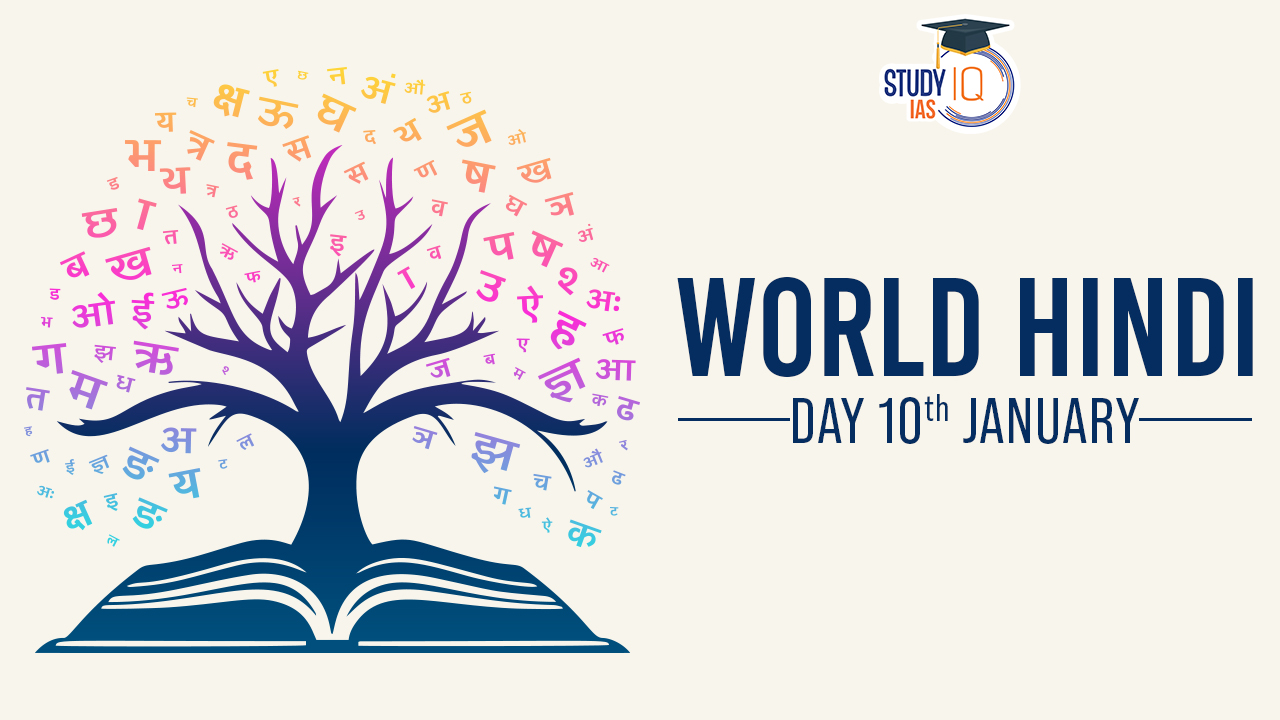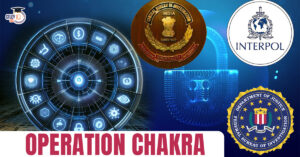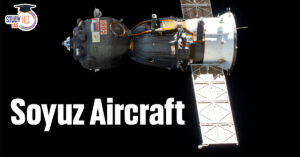Table of Contents
World Hindi Day, also known as Vishwa Hindi Diwas, is celebrated annually on January 10th to honor and promote the Hindi language globally. Recognized as one of the most spoken languages in the world, Hindi plays a crucial role in cultural preservation, literature, and communication. As we approach World Hindi Day 2025, let us explore its theme, history, and significance.
World Hindi Day 2025
World Hindi Day, also known as Vishwa Hindi Diwas, is observed annually on January 10th to underscore the significance of Hindi as a language. The primary goal is to raise awareness about the Indian language and advocate for its global acceptance. World Hindi Day falls on January 10 each year while Hindi Diwas is celebrated on September 14 annually in India. World Hindi Day seeks to garner international acknowledgement for the Hindi language globally, emphasizing its importance and promoting its usage worldwide.
Vishwa Hindi Diwas
Vishwa Hindi Diwas is celebrated every year on 10 January. The first Vishwa Hindi Diwas was celebrated in Nagpur on January 10, 1975. In 2006, it was announced to celebrate this day formally. The purpose of celebrating this day is to honour the contribution of Hindi speakers, understand the importance of the language, and tell people about its importance. This day is celebrated with a special theme.
To celebrate this day, special programs are organized in Indian embassies worldwide.
| Event | World Hindi Diwas 2025 |
| Also Known as | Vishwa Hindi Divas, World Hindi Day |
| Date | January 10, 2025 |
| Day | Tuesday |
| Theme | Last year’s theme: “Hindi – Traditional Knowledge to World Hindi Day 2025 is “Hindi: Bridging Cultures, Connecting the World.” |
World Hindi Day 2025 Theme
The theme for World Hindi Day 2025 is “Hindi: Bridging Cultures, Connecting the World.” This theme underscores the importance of Hindi in fostering cultural connections and enhancing global communication. It emphasizes the language’s ability to bridge cultural divides and create a sense of unity among diverse communities.
World Hindi Day History
World Hindi Day, also known as Vishwa Hindi Diwas, is an annual celebration observed on January 10th to emphasize the importance of Hindi as a language. The inception of this day can be traced back to the historic moment when Hindi was first used in the United Nations General Assembly (UNGA) in 1949.
World Hindi Conferences
In 1975, the first World Hindi Conference was inaugurated by then Prime Minister Indira Gandhi, marking a significant milestone in the promotion of Hindi globally. Since then, these conferences have been organized in various parts of the world, serving as platforms to discuss and propagate Hindi on an international scale.
Inauguration of World Hindi Day
The formal celebration of World Hindi Day commenced on January 10, 2006. This day holds great importance as it symbolizes the recognition of Hindi’s role in the global arena, especially in diplomatic and international contexts.
List of World Hindi Day Conferences from 1975-2025
| Conference | Date | City | Country |
| 1. First World Hindi Conference | 10-12 January 1975 | Nagpur | India |
| 2. Second World Hindi Conference | 28-30 August 1976 | Port Louis | Mauritius |
| 3. Third World Hindi Conference | 28-30 October 1983 | New Delhi | India |
| 4. Fourth World Hindi Conference | 2-4 December 1993 | Port Louis | Mauritius |
| 5. Fifth World Hindi Conference | 4-8 April 1996 | Port of Spain | Trinidad and Tobago |
| 6. Sixth World Hindi Conference | 14-18 September 1999 | London | United Kingdom |
| 7. Seventh World Hindi Conference | 5-9 June 2003 | Paramaribo | Suriname |
| 8. Eighth World Hindi Conference | 13-15 July 2007 | New York City | United States of America |
| 9. Ninth World Hindi Conference | 22-24 September 2012 | Johannesburg | South Africa |
| 10. Tenth World Hindi Conference | 10-12 September 2015 | Bhopal | India |
| 11. Eleventh World Hindi Conference | 18-20 August 2018 | Port Louis | Mauritius |
| 12. Twelfth World Hindi Conference | 15–17, February 2023 | Fiji | Fiji |
| 13. Thirteen World Hindi Conference | – | – | – |
National Hindi Diwas vs. World Hindi Diwas
| National Hindi Divas | World Hindi Diwas | |
| Observance Date | September 14 annually in India | January 10 annually globally |
| Focus | National importance of Hindi within India | Global recognition and promotion of Hindi worldwide |
| Origin | Commemorates the adoption of Hindi as the official language | Commemorates the first use of Hindi in the UN General Assembly in 1949 and subsequent global promotion |
| History | Established to honour the historical significance of Hindi within India | Originated from the World Hindi Conferences, with the first in 1975 and formal celebration beginning in 2006 |
| Themes | Typically emphasizes national unity and the historical role of Hindi in India | Themes vary each year, focusing on global relevance, adaptability, and contemporary challenges |
| Observance Locations | Mainly observed within India, in government offices, educational institutions, and cultural organizations | Celebrated globally, including Indian embassies, government offices, and communities worldwide |
| Key Activities | Cultural programs, competitions, and events emphasizing Hindi’s role in Indian history and culture | International forums, discussions, and cultural events promoting global recognition and understanding of Hindi |
| Objective | Emphasizes the importance and historical significance of Hindi within the national context | Aims to promote global awareness, recognition, and appreciation of the Hindi language |
| Distinct Characteristics | Highlights the linguistic and cultural significance of Hindi within India | Showcases Hindi’s international reach, fostering connections beyond national borders |
Government Initiatives for Hindi Promotion
- Central Hindi Directorate (CHD): Established in 1960 under the Ministry of Education, the Central Hindi Directorate plays a pivotal role in promoting and propagating Hindi.
- Hindi Chairs by ICCR: The Indian Council for Cultural Relations (ICCR) has taken the initiative to establish ‘Hindi Chairs’ in various foreign universities and institutions. This effort aims to promote the Hindi language on an international scale.
- E-Saral Hindi Vakya Kosh and E-Mahashabdkosh Mobile App: Launched by the Department of Official Language, these mobile apps, E-Saral Hindi Vakya Kosh and E-Mahashabdkosh, harness information technology to contribute to the growth and accessibility of the Hindi language.
Significance of World Hindi Diwas
- Cultural Heritage: Celebrates the rich cultural and linguistic heritage of the Hindi language.
- Global Recognition: Marks the global recognition of Hindi, especially in international forums.
- Historical Milestone: Commemorates the first use of Hindi in the United Nations General Assembly in 1949.
- International Platform: Provides an international platform for discussions and cultural events globally.
- Unity and Connection: Acts as a unifying force for Hindi speakers, fostering connections beyond borders.
- Cultural Exchange: Facilitates cultural exchange, encouraging appreciation for Hindi literature and traditions.
- Adaptability: Highlights the adaptability and ongoing relevance of Hindi in contemporary contexts.
- Themes: Each year’s theme reflects evolving aspects, from traditional knowledge to modern challenges.
- Public Opinion Integration: Recent themes focus on integrating Hindi into public opinion without sidelining mother tongues.
- Distinct from National Hindi Divas: Differentiates from National Hindi Divas by emphasizing global recognition, while the latter highlights national importance on September 14th.
World Hindi Day UPSC
World Hindi Day serves as a platform to honour the language’s global impact. Celebrations include speeches, cultural performances, music, and theatre, all aimed at promoting Hindi and encouraging its use in everyday communication. This day is a reminder of Hindi’s beauty, diversity, and significance in connecting people across different cultures and regions.


 World Heritage Day 2025, Theme, Objectiv...
World Heritage Day 2025, Theme, Objectiv...
 New Phase of Operation Chakra to Combat ...
New Phase of Operation Chakra to Combat ...
 Soyuz Aircraft: History, Design and Sign...
Soyuz Aircraft: History, Design and Sign...





















